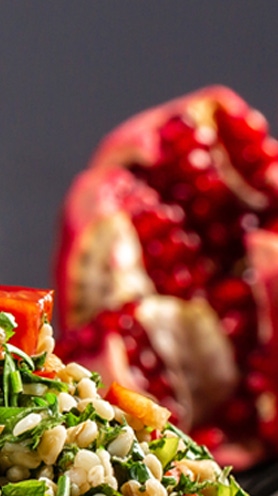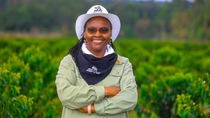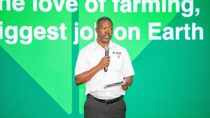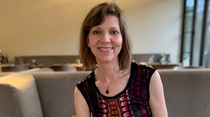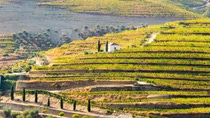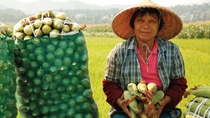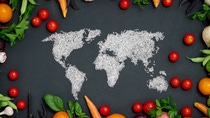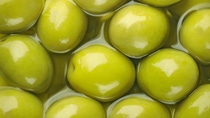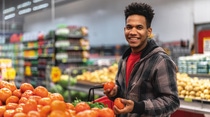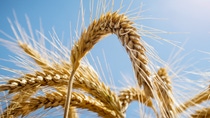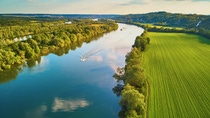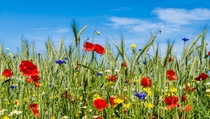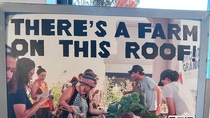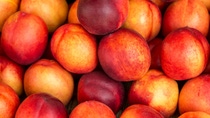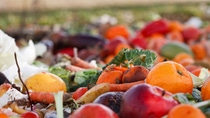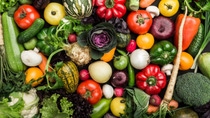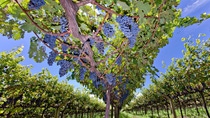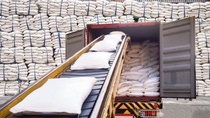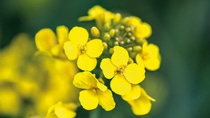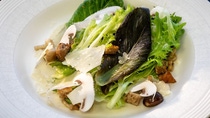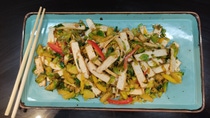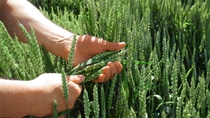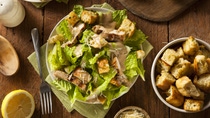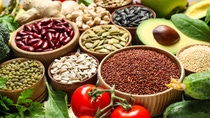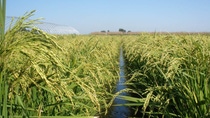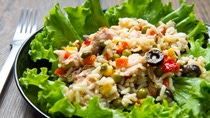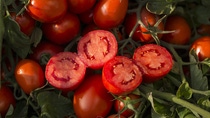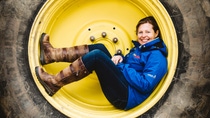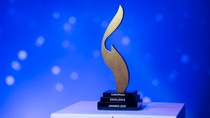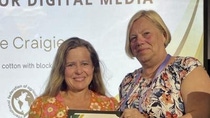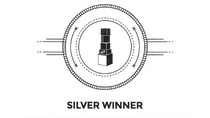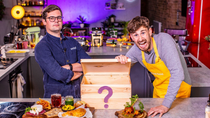Agriculture
The Science Behind Your Salad
Crossing the globe to discover how the best ingredients that end up on our tables are grown
The Science Behind Your Salad is an awarded podcast for the whole world. We’re not only in search of the best food on the planet, we’ll be telling the stories behind how that food is grown. We’ll hear about new technology already revolutionizing the way crops are grown and the stories of the farmers and growers striving to do the biggest jobs on Earth, putting food on our plates every day in the face of huge challenges of limited resources.
You can listen to all podcast episodes below on these channels

Latest Episode: From Roadside to Runway: How Kenya Feeds Itself… and the World
Before sunrise in central Kenya, green beans are packed for European supermarkets while, on the same morning, women carry leafy greens to sell by the roadside. In this episode, Jane Craigie explores Kenya’s dual food systems — one feeding global markets with precision and scale, the other sustaining families through informal trade and smallholder farming. From women-led coffee cooperatives and honey producers in Baringo County to vast flower farms exporting hundreds of tons daily, we examine how agriculture underpins Kenya’s economy and livelihoods. As exports grow and sustainability pressures mount, the question emerges: how can Kenya continue to feed the world while ensuring it feeds itself?
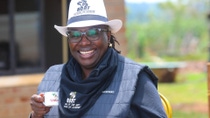
Our guest: Gloria Gummerus
Gloria is a second-generation coffee farmer, a mobilizer of women in coffee, and a coffee professional from seed to cup. She is also an environmentalist and pioneer in green and regenerative farming. Gloria is a Board Member of the newly formed New Kenya Planters’ Cooperative Union and is CEO of Sakami Ranches Ltd and Sakami Coffee Ltd. Gloria is the Founder of North of Rift Women in Coffee (NORT) which exports green beans directly to European specialty roasters. She founded Afro Hair and Beauty Show which brought American and European beauty product players to Kenya for the first time ever.

Our guest: Gift Mbaya
Gift Mbaya has over 30 years’ experience in the chemical industry mainly in Sales, Marketing, Distribution Management and Market Development. Gift has an Honours Degree in Biological sciences and various certificates of business courses. He has worked for global companies like Shell Chemicals, American Cyanamid and Bayer Crop Science. Joined BASF 14 years ago in South Africa as Sub Hub Manager for Southern Africa in the Agriculture Division. He then moved to Nairobi in 2014 in the same role being responsible for the East Africa region. In 2019 Gift was moved to Ethiopia as the Business Lead and General Manager with the responsibility for Market Development to open up new markets and opportunities for BASF. Gift is currently the Managing Director & Head of Agricultural Solutions in East Africa.
Get in contact with our guests & experts
Learn more about this podcast episode
Past podcast episodes
Winner Gallery
The podcast series are the winners of the following international and communication awards.
